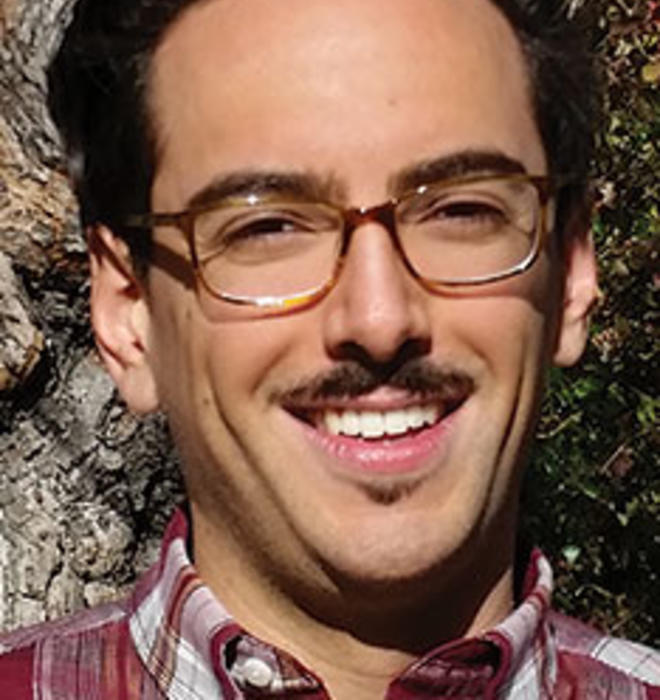
Q&A: Saul Schwartz *15, on Preserving Chiwere
The last fluent speakers of Chiwere, the language of the Iowa and Otoe-Missouria Indians, died in the 1990s. For his Princeton dissertation, anthropologist Saul Schwartz *15, a research assistant professor at the University of Miami, studied efforts to document, preserve, and perhaps revitalize the language, which is in the Sioux family. His interest took root when, as an undergraduate, he was introduced to Jimm Goodtracks, who was writing a Chiwere dictionary. During graduate school, he lived with Goodtracks for two summers and then spent 14 months living in White Cloud, Kan., the seat of government for one of the Iowa tribes.
How well do you speak Chiwere?
I tried to learn it as best I could. Jimm and I spoke to his grandson only in Chiwere when I lived with them. But I am very far from fluent.
How does Chiwere differ from other Native American languages?
Chiwere is relatively understudied and documented compared to other Siouan languages like Lakota or Dakota, which have a much larger speaker base. It has a lot of similarities to Ho-Chunk, which is also known as Winnebago. But we’re still trying to figure out how exactly Chiwere grammar works and how similar or different it is from other Siouan languages. There is still a lot of work to do.
Do you think it will be possible to teach people to speak Chiwere fluently again?
I think it is possible if that is something tribal members themselves want. Other communities have had success bringing back their language working from historical documentation. Myaamia and Wampanoag are two examples of that. As a non-Native anthropologist, though, I’m mostly interested in understanding Chiwere and why people would want to revitalize it — and assisting those efforts, if I’m invited to participate. But it’s not necessary for tribal members to speak their heritage language in order to maintain distinctive cultures and identities.
What is the reason for revitalizing Chiwere?
Ioways and Otoe-Missourians tell me that one of the most important reasons is to connect with their ancestors. The last fluent speakers only died 20 years ago. The parents and grandparents of the current generation still used Chiwere in their everyday lives. Current members of the tribe say that revitalizing it helps them understand the culture of the previous generations and how their ancestors viewed the world.
Interview conducted and condensed by M.F.B.
LISTEN: Songs and hymnns of the Ioway, Otoe-Missouria languages, compiled by Jimm Goodtracks






No responses yet